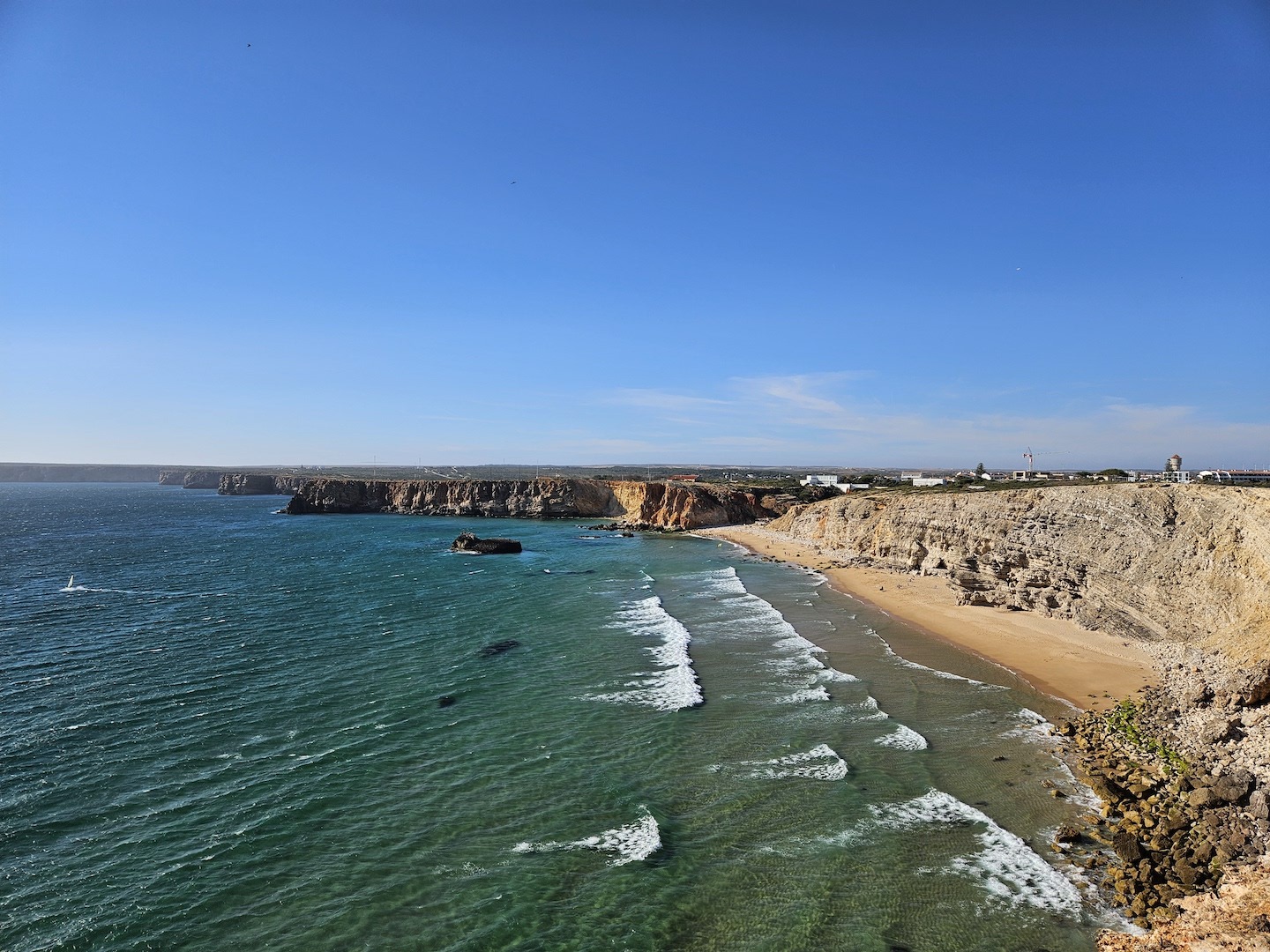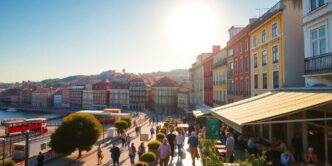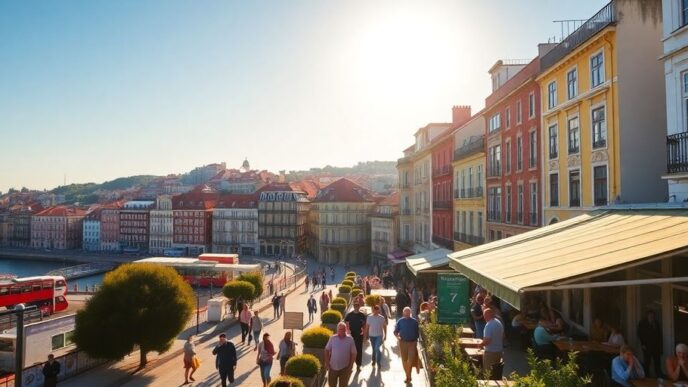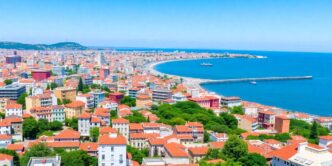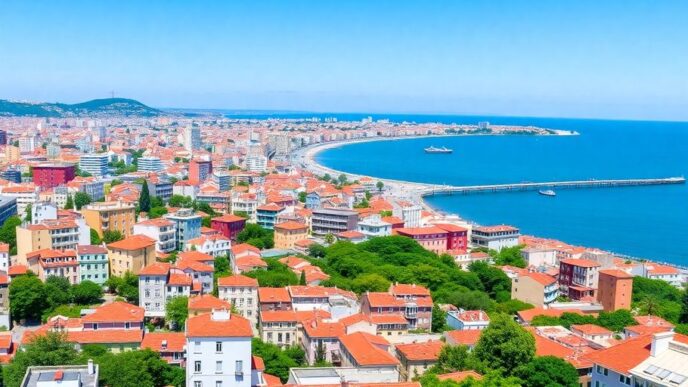As one of Europe’s premier tourist destinations, Portugal sees tourism as a major economic driver, supporting hundreds of thousands of jobs nationwide. From hotel managers to vineyard tour guides, the industry is the backbone of employment for a vast number of Portuguese citizens and increasingly, foreign workers. Understanding how tourism jobs are distributed across sectors and regions highlights its importance to Portugal’s economy and the targeted growth strategies designed to support it.
Tourism Employment Overview
Tourism accounts for around 17% of Portugal’s GDP and directly supports approximately 440,000 jobs across various sectors. Despite the pandemic’s temporary downturn, Portugal’s tourism sector has bounced back significantly, and recent government initiatives have underscored the need for further growth and sustainability. Data from Turismo de Portugal, the national tourism board, indicates that tourism employment levels are now at or above pre-pandemic figures in many areas.
Regional Distribution of Tourism Jobs
Tourism-related jobs are concentrated in key regions, each offering unique attractions:
- Lisbon and Metropolitan Area: Lisbon is Portugal’s leading region in tourism employment, with around 40% of all sector jobs. These range from hospitality roles to museum and cultural site positions, such as those at the famed Jerónimos Monastery and Belém Tower. Lisbon benefits from year-round tourism, driven by a mixture of business travel, conferences, and leisure tourism.
- Algarve: Known for its pristine beaches and luxury resorts, the Algarve region employs around 70,000 individuals in tourism, particularly during peak summer months. This region hosts many seasonal roles, including lifeguards, resort staff, and hospitality managers, to handle the influx of international tourists.
- Madeira and Azores: The archipelagos have seen a growth in eco-tourism and adventure tourism, requiring an increasing number of roles in guest services, environmental conservation, and guided tours. These jobs help support local economies, with around 8% of employment on the islands attributed to tourism.
- Porto and the Douro Valley: This northern region is celebrated for its wine tourism and historic cityscape. Many jobs in Porto center around gastronomy, hospitality, and wine tourism, with the Douro Valley vineyards drawing in seasonal workers during harvest time.
Sector-Specific Employment
Tourism employment spans several sectors, from traditional hospitality roles to specialized guides and sustainability managers:
- Hospitality and Accommodation: Hotels, guesthouses, and rental properties make up the largest portion of employment, with nearly 60% of tourism workers employed in accommodation services alone. This includes front-desk staff, housekeeping, and food and beverage service roles.
- Food and Beverage: Restaurants, bars, and cafés also contribute significantly, with many positions in urban centers and tourist-heavy coastal towns. The food and beverage sector alone employs tens of thousands, catering to Portugal’s strong culinary tourism.
- Guided Tours and Transport: Guided tour companies, which operate in cities and rural regions, employ a significant number of multilingual guides, while transport services are critical for airport shuttles, car rentals, and boat tours in the Algarve and Douro River.
- Agritourism and Ecotourism: Increasingly, rural regions are seeing a rise in agritourism and ecotourism employment. Jobs in these sectors include nature guides, agricultural workers for vineyard and olive oil tours, and eco-lodge hospitality roles.
Trends in Tourism Employment
Foreign Workers and Seasonal Demand: Portugal’s tourism sector has seen a gradual rise in foreign labor, especially in the Algarve and Lisbon. Seasonal demand surges have encouraged the recruitment of international workers, often from other EU countries, to fill summer roles in coastal resorts.
Skills Development Initiatives: Recognizing the importance of skilled labor in tourism, the Portuguese government has established training centers through Turismo de Portugal. These initiatives are aimed at preparing young professionals and career switchers for roles in hotel management, gastronomy, and sustainable tourism.
Future Growth and Sustainability: With sustainability now a priority, there is a growing need for roles focused on eco-friendly tourism and green practices. Job roles in waste reduction, energy conservation, and eco-certified accommodations are part of a broader shift towards responsible tourism, creating new employment avenues.

